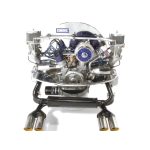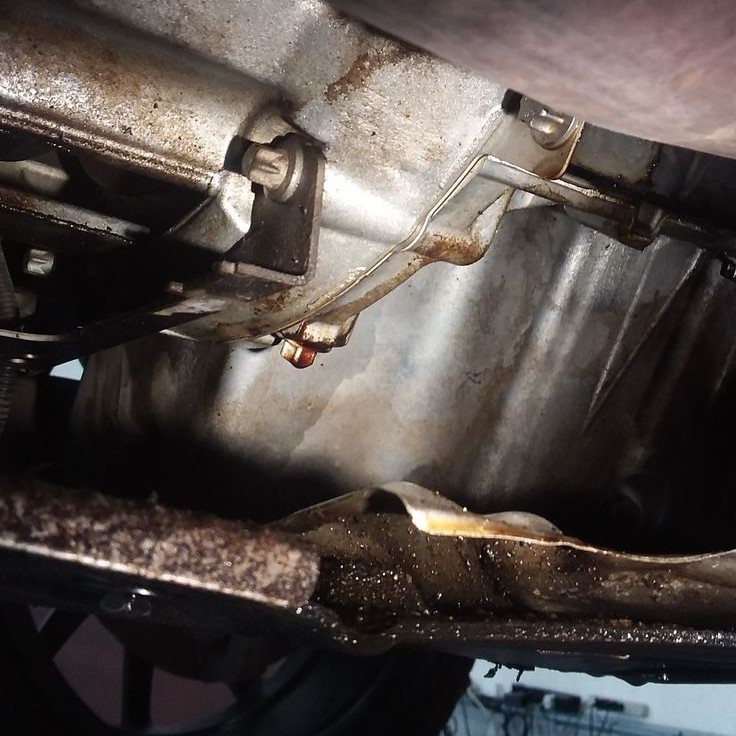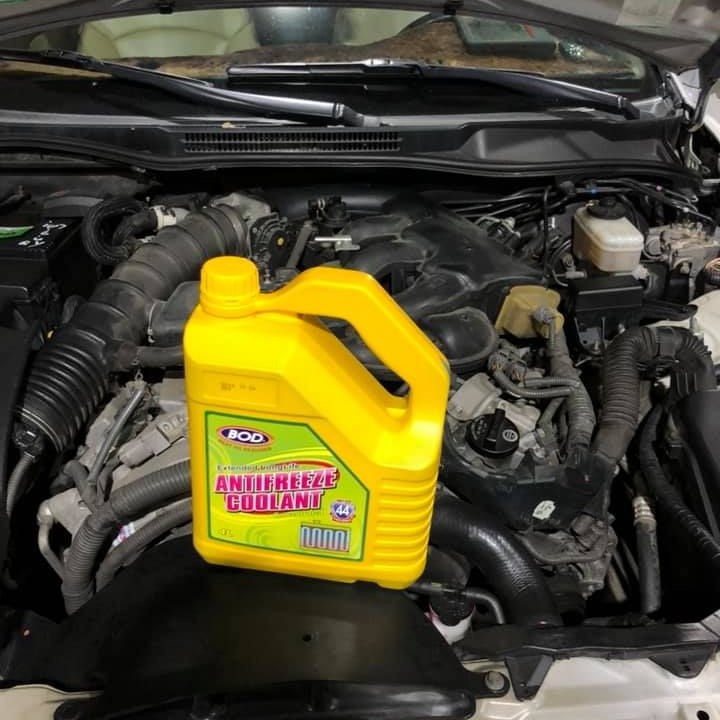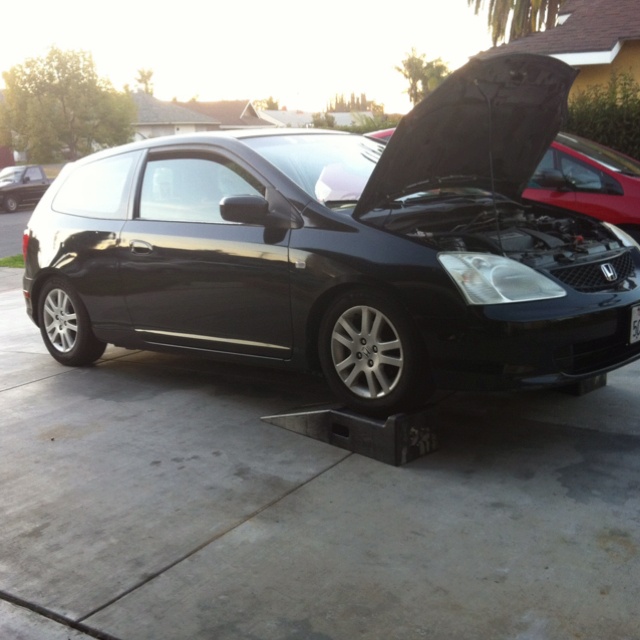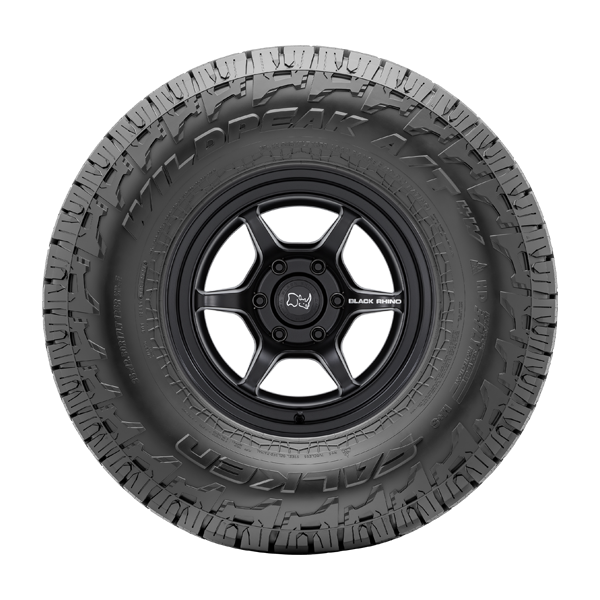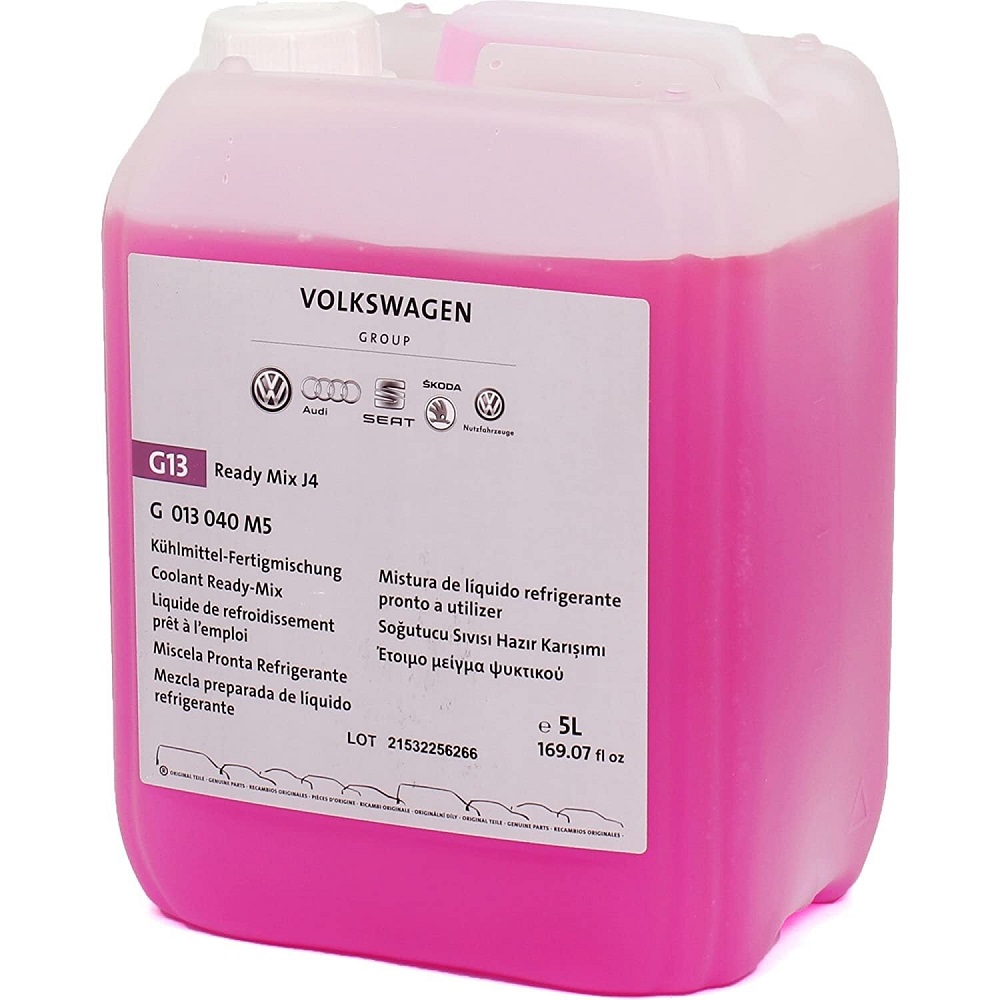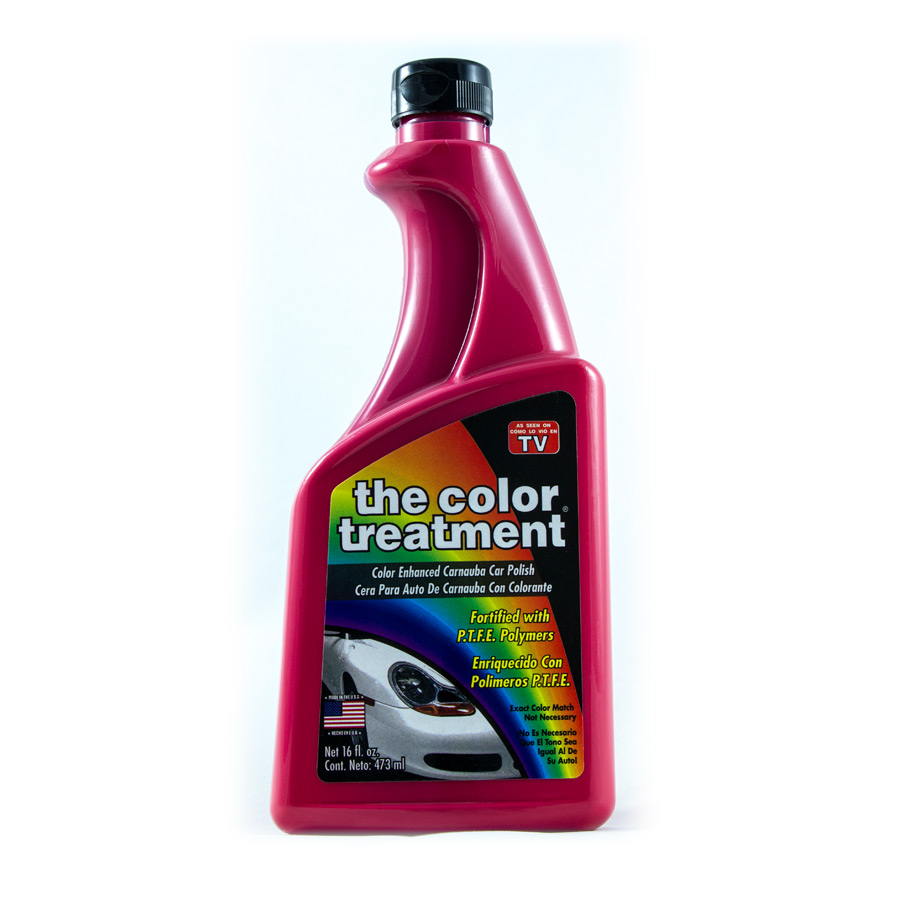Introduction: Understanding Car Oil and Its Properties
When it comes to car maintenance, understanding the various components that make up a vehicle is crucial. One question that often arises among car owners is, “Is car oil flammable?” Knowing the answer can help you ensure your safety while handling oil, whether during an oil change or maintenance check. Understanding the properties of motor oil, its role in engine function, and its behavior in high temperatures will equip you with valuable knowledge as a vehicle owner.
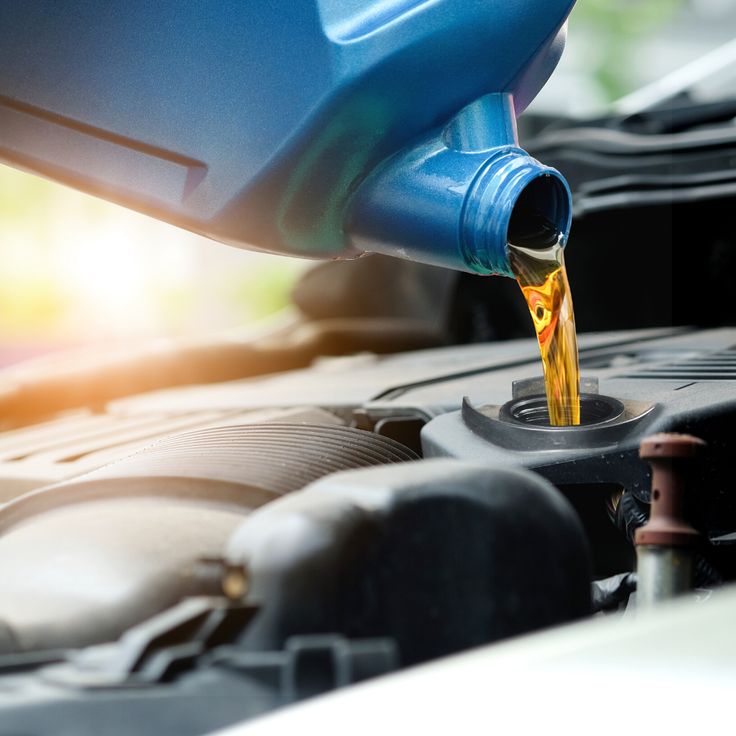
Car oil plays a vital role in lubricating engine parts, reducing friction, and keeping the engine cool. However, like all fluids, it is essential to handle it properly. By gaining insights into the flammability of car oil and implementing appropriate safety measures, you can mitigate potential risks. In this article, we will explore the flammability of car oil, the circumstances under which it may ignite, and the best practices for ensuring safety during oil-related tasks.
The Basics of Car Oil: Composition and Function
To understand whether car oil is flammable, it’s important first to explore what it consists of and how it functions in a vehicle.
1. Composition of Car Oil
Car oil, particularly motor oil, consists of a blend of base oils and additives. Common base oils include mineral oil and synthetic oil, which provide lubrication and protection for engine components.
Mineral Oil
- Source and Production: Mineral oil is derived from crude oil through a refining process. This process separates different components to create usable oil products.
- Common Usage: It is widely used in traditional motor oils, making it one of the most familiar oil types for everyday vehicles. Many older cars and some of today’s vehicles rely on mineral oil for engine lubrication.
- Viscosity Ratings: Mineral oils come in various grades, identified by viscosity ratings such as SAE (Society of Automotive Engineers) 10W-30. These ratings indicate how well the oil flows at different temperatures, helping drivers select the appropriate oil for their vehicle’s operating conditions.
- Subcategories: Mineral oils can be subdivided into different categories based on their refining process. For example, conventional oils have been minimally processed, while refined oils undergo further purification to remove impurities, enhancing their performance.
- Cost-Effectiveness: Generally, mineral oils are less expensive than synthetic oils, making them an appealing choice for budget-conscious consumers.
Synthetic Oil
- Engineering Process: Synthetic oils are artificially made through chemical processes, which allows for the creation of oils with specific properties tailored for high performance.
- Enhanced Performance: These oils are engineered to perform exceptionally well under extreme conditions, including high temperatures and pressure. As a result, synthetic oils help maintain engine efficiency even under demanding driving situations.
- Superior Lubrication: Compared to mineral oils, synthetic oils provide superior lubrication. This quality minimizes friction between engine parts, leading to less wear and longer engine life.
- Stability and Longevity: Synthetic oils demonstrate better thermal and oxidative stability. They resist breakdown over time, meaning they can last longer between oil changes compared to conventional mineral oils.
- Environmental Impact: Many synthetic oils are designed with additives that help reduce emissions, making them a more environmentally friendly option. Additionally, their longer life can contribute to less frequent oil changes, which may also lessen waste.
- Versatility: Synthetic oils are available in various formulations, including those designed for high-mileage vehicles or those operating in extreme conditions, such as racing or heavy towing. This versatility allows drivers to choose a synthetic oil that best fits their specific driving requirements and vehicle needs.
2. Function in Engine Performance
Motor oil performs several essential functions in an engine. These include:
- Lubrication: Preventing metal-to-metal contact within the engine reduces wear and tear.
- Cooling: Motor oil helps transfer heat away from engine components, maintaining optimal operating temperatures.
- Cleaning: Additives in motor oil help clean engine parts by removing sludge and deposits that could affect performance.
Given its crucial role in engine health, car oil must be effectively managed to avoid safety issues.
Is Car Oil Flammable?
Now, addressing the central question: Is car oil flammable? The answer is nuanced, as it depends on several factors, including the type of oil and its temperature.
1. Understanding Flammability
Flammability refers to the ability of a substance to ignite and sustain combustion. Not all oils are created equal when it comes to flammability.
- Flash Point: The flash point of a substance is the lowest temperature at which it can vaporize to form an ignitable mixture in air. For typical motor oil, the flash point generally ranges from about 320°F to 450°F (160°C to 230°C).
- Combustion Risks: While car oil may not ignite easily under normal conditions, it can become a fire hazard if exposed to high temperatures or open flames. For example, if oil spills onto a hot engine component, ignition is a possibility.
2. High Temperature Risks
High engine temperatures can lead to oil degradation, resulting in harmful fumes and increased volatility.
- Oil Changes and Engine Heat: When performing an oil change, it’s essential to ensure that the engine is cool to avoid health risks from hot oil. Doing so helps prevent accidents by decreasing the risk of ignition.
- Storage and Environment: Storing car oil in a cool, dry place away from direct sunlight and heat sources is crucial. Proper storage helps maintain the integrity of the oil and decreases the chances of flammability.
Identifying Dangerous Situations
There are specific scenarios in which car oil can become a fire hazard. Understanding these situations can help you mitigate risks effectively.
1. Spills and Contaminants
Oil spills can create slippery conditions and increase fire risks, especially if they come into contact with a heat source.
- Cleaning Up Spills: It’s vital to clean up any oil spills immediately. Use absorbent materials, such as rags or kitty litter, to soak up the oil, and dispose of it properly to prevent slipping hazards and potential fires.
- Avoiding Contaminants: Contaminants such as dirt and debris can negatively impact oil performance. Additionally, these contaminants can create hazardous conditions, so keep the oil container clean and avoid introducing dirt into the engine.
2. Hot Engine Components
Components, like exhaust manifolds and catalytic converters, can reach extremely high temperatures.
Precautions During Maintenance
- Allow Engine to Cool: Before beginning any maintenance work, always let the engine cool down completely. This practice helps prevent serious burns from hot engine components or surfaces that could cause injury.
- Safety First: Working on a hot engine not only poses a burn risk but also increases the chance of accidents. Tools or materials could slip from your hands due to heat, leading to injuries or damage to parts.
- Minimize Fire Risks: Allowing the engine to cool significantly reduces the likelihood of fire hazards. When engine parts are hot, any spilled oil or flammable substances can easily ignite, potentially leading to dangerous situations.
- Use Proper Gear: Wear appropriate safety gear when working under the hood, such as gloves and safety glasses. This additional precaution further protects you from minor injuries due to sharp edges or hot surfaces.
- Work in a Well-Ventilated Area: Ensure the maintenance area is well-ventilated, especially if you are working with chemicals like engine oil or cleaning solvents. Good ventilation helps prevent inhalation of fumes and provides a safer working environment.
- Have Fire Extinguisher Nearby: Keep a fire extinguisher close when performing maintenance, as a precautionary measure against any unexpected fire incidents. Being prepared can make a significant difference in an emergency.
Checking for Leaks
- Regular Inspections: Make it a habit to inspect your engine for oil leaks regularly. Catching leaks early can prevent them from becoming larger problems that might compromise engine performance.
- Identify Problem Areas: Pay special attention to areas where oil is likely to accumulate, particularly near hot engine components. Leaks in these zones are more dangerous, as they can lead to increased fire risks.
- Look for Signs of Leaks: Check for visible signs of oil leaks, such as oil stains on the ground where you park, as well as pooled oil around the engine area or on other engine components. Any discoloration, greasy residue, or wet spots can indicate a leak.
- Prompt Action Required: If you identify any leaks, address them immediately. Delaying repairs can worsen the situation and lead to more extensive damage or hazardous conditions, including fire risks.
- Consult a Mechanic if Necessary: If you’re unsure about the severity of a leak or cannot identify the source, don’t hesitate to consult a qualified mechanic. They can provide insights and perform repairs to ensure your engine operates safely.
- Monitor Oil Levels: Regularly check your oil levels alongside inspecting for leaks. A drop in oil levels may indicate a leak, prompting further inspection and action to prevent potential engine damage.
Best Practices for Safe Oil Handling
To ensure safety when dealing with car oil, follow these best practices:
1. Wear Protective Gear:
When changing or checking oil, always wear protective gloves and safety glasses. This helps prevent skin irritation and eye contact with oil.
2. Ventilation:
Work in a well-ventilated area, especially if you’re changing oil. Proper ventilation can help disperse any potentially harmful fumes.
3. Proper Disposal:
Dispose of used oil properly by taking it to an authorized recycling center. Never pour oil down the drain or throw it in the trash, as this can harm the environment.
4. Stay Organized:
Keep your tools, oil, and other materials organized. Having a designated workspace can help prevent spills and make your oil change process smoother.
5. Read Labels and Instructions:
Always read the labels and instructions on oil containers. This provides important information about handling, safety, and the specific oil types suitable for your engine.
Conclusion: Staying Informed About Car Oil Safety
Is car oil flammable? While most motor oils are not highly flammable under standard conditions, it is essential to handle them with care, especially in high-temperature situations. By recognizing the attributes of car oil, knowing when it presents a risk, and following safe handling practices, you can protect yourself and your vehicle effectively.
As a responsible car owner, you should be proactive in maintaining your vehicle and prioritizing safety during oil changes and inspections. By implementing the insights from this article, you not only safeguard your vehicle but also ensure a safer environment for yourself and those around you. Always stay informed, follow best practices, and drive with confidence knowing you’ve done your part to manage the flammability risks associated with car oil.





